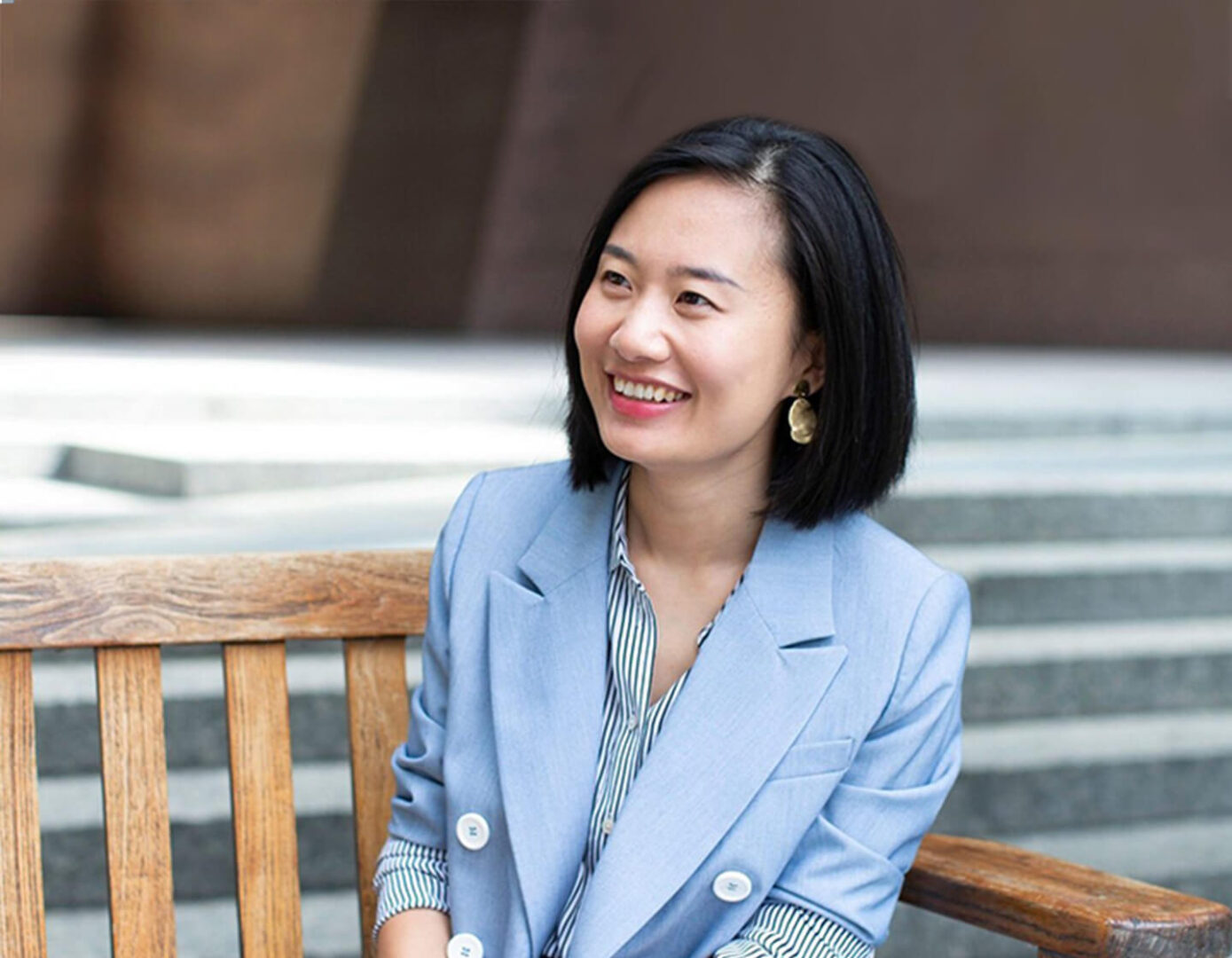
Earnd is an on-demand pay platform that applies the supply chain finance approach to paying employees. Is that right?
Yes. Earnd is a subsidiary of Greensill, a leading player in supply-chain finance. It provides early payments to suppliers to facilitate easier access to working capital. Greensill identified the most significant supplier base for a company as being its employees, which is why Earnd helps employers to extend their access to liquidity to employees so that they can earn they pay on a daily (or otherwise periodic) basis.
Similar services exist in the US, the UK and Europe, and are sometimes called early-wage access or on-demand pay. However, different players use different commercial models, with some of our competitors in the US, for example, charging fees to both employers and employees. Others charge transaction fees or bill monthly membership fees.
Earnd’s approach is different, because we are opposed to charging employees, as we aim to provide them with more control over their finances. Earnd functions as a launchpad where people initially gain greater financial freedom and can subsequently start to educate themselves on managing their finances. Our platform has three components: access to liquidity, financial wellbeing (the educational element) and savings.
Since we believe charging employees erodes on the value we seek to offer, we instead charge a small fee to employers, with our services acting as a perk offered to employees. Earnd is able to do this with the backing of Greensill, which has access to liquidity at the best rate. We do not think our competitors can enjoy this advantage.
Do you differentiate between different types of employees – permanent versus temporary, for instance?
From a product point of view, no. But it’s a different systems integration. This provides us with a guarantee that there is an agreement in place between the company and the employee, which informs our risk assessment.
There may be a belief that subprime employees who struggle to make ends meet would benefit the most from our products. We do not make that assumption, since there are others who might want to have more liquidity for investments, savings and mortgage repayments. Since the better-paid employees can also benefit from this service, we avoid differentiating among employees.
For subprime employees, our aim is to steer them away from pay-day loans and credit cards, which traps them in a vicious cycle of borrowing and paying very hefty interest rates. With our service, employees do not pay interest to us, which helps them get out of this cycle. It is a more ethical way to address the short-term need for liquidity.
How do you see traditional lenders reacting to the emergence of products such as yours?
Our business proposition has extended wider with payroll providers starting to offer similar services. Their limitation remains the size of their balance sheets, which is where Greensill’s support becomes a major advantage to us. We also see some banks and payroll providers starting to play in our space, and we believe that in 5-10 years, early wage access will be the norm. It is every employee’s right to get paid every day after having worked; why would they have to wait for 30 days to be compensated? Why would they give employers a 30-day free credit?
How attractive are the prospects of an international expansion for Earnd?
A key success factor of any start-up with a vision to capture the big market is to go global. During the pandemic, the need for access to low-cost liquidity has only accelerated. Greensill already has a global profile with clients from over 175 countries, and offices in more than ten key markets including India, China, South Africa, the US and Latin America. Also, a lot of our client companies have a global mandate – for instance a client in the US recently commissioned us to serve a subsidiary in the Philippines. This requires us to have a global footprint.
There is a lot of synergy between Earnd and Greensill, with benefits including access to technical infrastructure and offices. We have great commitment from Greensill, as demonstrated by the fundraising last year. All of this supports our strong commitment to go global, and has led us to build a strategy around localization while also nurturing a global team. That said, we are earlier in this process compared to some of our competitors.
From your experience founding and growing start-ups, what do you think makes a Fintech start-up successful?
Generally, a great idea is only the first step, far from being the entire foundation. You must show that you have a vision for the next 10 years, or even 20 years, and continuously demonstrate progress towards the vision. Also, you need to validate the business case on a small scale, as it is initially probably based on assumptions. It is also important to start building a product early, doing a first iteration and validating it with an agile approach. From an angel investor’s point of view, at the seed-stage, they would primarily be assessing the team, as there is not much else to look at.
What do you think it will take to improve diversity and inclusion in the tech community?
I am a strong believer that a workforce should be diverse in all aspects: age, race, religion, nationality, culture, sexual orientation and gender, as it is very important to make sure you can develop a great product to cater to your diverse customers. I see excellent progress in the UK ecosystem and we have seen changes in Boards which are reaping the benefits of having very diverse leaders. I believe we are getting there – it will take a generation to get to where we need to be, but there is progress happening indeed.
Interview conducted by Stephanie Hurry, Olabisi Ayodeji, Matteo Conti and Emon Goswami

